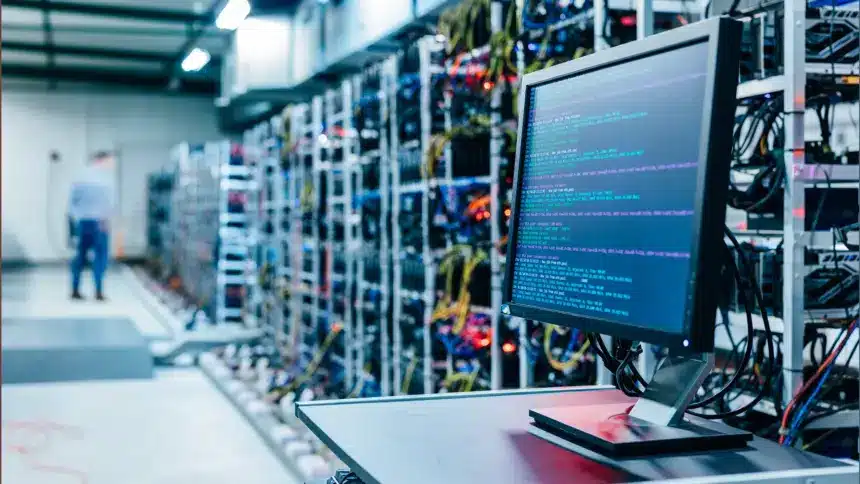CoinShares (CS) said in a study on Friday that after the bitcoin (BTC) halving, cryptocurrency miners would switch to artificial intelligence (AI) in energy-secure places because of the possibility of increased revenue.
The quadrennial halving took place on Friday night, slowing the supply of bitcoin by 50%.
According to Coinshares, mining firms like BitDigital (BTBT), Hive (HIVE), and Hut 8 (HUT) are already making money with artificial intelligence. In parallel, TeraWulf (WULF) and Core Scientific (CORZ) intend to expand in the AI field or already have activities in place.
According to experts lead by James Butterfill, “this trend suggests that bitcoin mining may move to stranded energy sites while investment in AI grows at more stable locations.”
The halving will result in significant cost hikes for the miners, with electricity and overall production costs nearly doubling, according to the study. By minimizing energy costs, boosting mining efficiency, and purchasing more affordable machinery, mining businesses can attempt to offset these increased expenses.
The authors stated that the weighted average cash cost of production in Q4 was almost $29,500; after halves, it is anticipated to be roughly $53,000. After the halving, the average electricity cost of production for a bitcoin is predicted to rise to around $34,900 from roughly $16,300 in the fourth quarter.
According to the asset manager’s projections, the hashrate might reach 700 exahash by 2025, but if miners shut down inefficient equipment, it might decrease by 10% following the halving. Following the incident, a drop in hash prices to $53/ph/day is anticipated.
The total combined processing power used to mine and process transactions on a proof-of-work blockchain is referred to as hashrate. According to CoinShares, miners are actively managing their debt, with some even utilizing extra money to settle debt.
Also Read: Bitcoin Transaction Fees Plummet Post-Halving Record Highs







